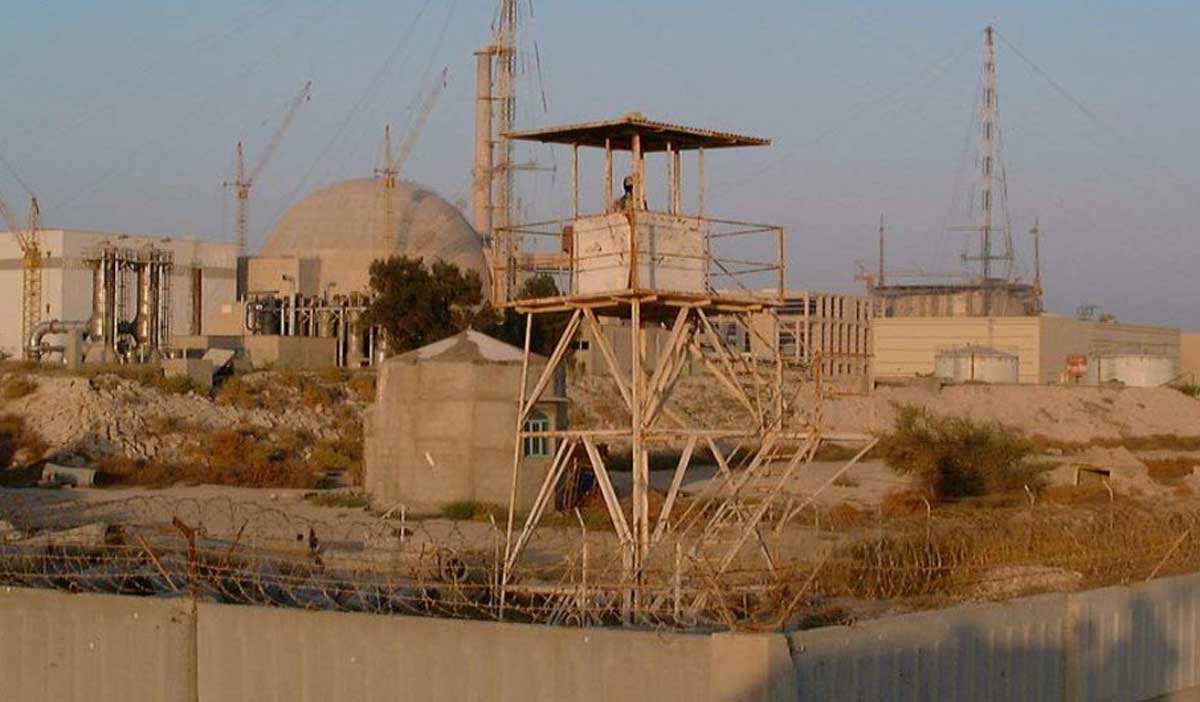The European Union has confirmed the reinstatement of sanctions on Iran, joining the United Nations in penalizing Tehran for failing to comply with the 2015 nuclear agreement.
A Deal in Disarray
The sanctions come after Britain, France, and Germany triggered a process at the UN Security Council, accusing Iran of violating the Joint Comprehensive Plan of Action (JCPOA). That deal, struck in 2015, aimed to curb Tehran’s nuclear activities in exchange for relief from crippling economic restrictions.
The EU’s measures include freezing the assets of Iran’s central bank and other major financial institutions, imposing travel bans on officials, and banning oil purchases and shipments. They also prohibit the sale of gold and certain naval equipment to Iran.
Tehran has consistently denied seeking nuclear weapons, insisting its program is peaceful. However, Western powers argue that uranium enrichment beyond agreed levels and restrictions on international inspectors prove otherwise. Iran has warned that renewed sanctions will provoke a harsh response, raising the risk of escalation in the Gulf region.
Why It Matters
The move marks another blow to the already fragile nuclear deal, which had been under strain since the U.S. withdrawal in 2018. Sanctions could worsen Iran’s economic crisis, but they may also reduce incentives for Tehran to cooperate diplomatically. For Europe, the decision highlights a shift toward harder measures, even as it claims to keep the door open for dialogue.
Iran, Faces renewed financial and trade isolation, with its economy already reeling from inflation and sanctions. The regime may harden its stance, betting on survival through regional influence rather than compromise.
European Union, Balances pressure with diplomacy, trying to signal firmness without shutting down the possibility of negotiations. The sanctions also reflect internal EU politics, with members keen to show unity against perceived nuclear threats.
United Nations, Having reinstated its own measures, the UN seeks to maintain credibility as an arbiter, though enforcement often depends on member states’ willingness.
Regional Neighbors (Israel, Gulf States), Likely to support the EU’s tougher line, seeing Iran’s nuclear program as an existential threat. However, they also fear escalation if Iran retaliates in the Gulf.
Global Energy Markets, Oil bans and restrictions on Iran’s exports could impact global supply, though other producers may offset shortages. Traders will watch closely for price volatility.
What Comes Next
Tehran’s response will determine whether tensions escalate further. If Iran accelerates its nuclear activities, Europe could push for even tougher sanctions, aligning more closely with Washington’s maximum pressure approach. Alternatively, a backchannel diplomatic push could reopen talks, though trust is in short supply. For now, the EU’s move underscores that patience with Iran’s compliance has run out, and the stakes for regional stability are rising.
With information from Reuters.
